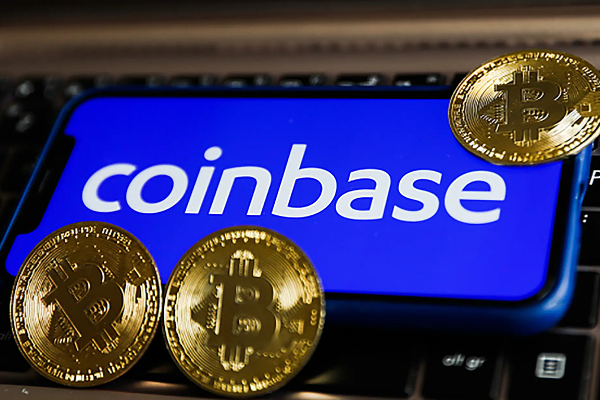What is MPC wallet? Advantages and risks of MPC wallet

MPC wallets utilize cryptographic protocols to distribute private keys among multiple parties in a secure manner.
These wallets are designed to enhance security by working to ensure that no single party has full control over the wallet, thereby eliminating single points of failure.
Despite their potential to improve security, MPC wallets may slow down the process and require more communication than simpler approaches.
What is an MPC wallet
MPC wallets use multi-party computing technology and are designed to enhance the security of cryptocurrencies and other digital assets. It splits the private keys of the wallet to multiple parties to improve privacy and reduce the risk of hacking, leakage, and loss. Unlike traditional wallets that rely on a single private key, MPC wallets use advanced cryptographic techniques and strive to ensure that private keys are never exposed or stored in one location.
Advantages and risks of MPC wallets
MPC wallets may provide a variety of benefits, including enhanced security, flexibility, and control. They are designed to allow multiple parties to participate in the management of digital assets, thereby improving security and reducing risks, making asset management and transfer efficiency, enabling advanced access controls and permissions, and simplifying collaboration between different parties. Potential risks include high communication costs and technical complexity. It’s also worth noting that not all MPC wallets are open source or interoperable, which may limit their usability and compatibility with other systems.













